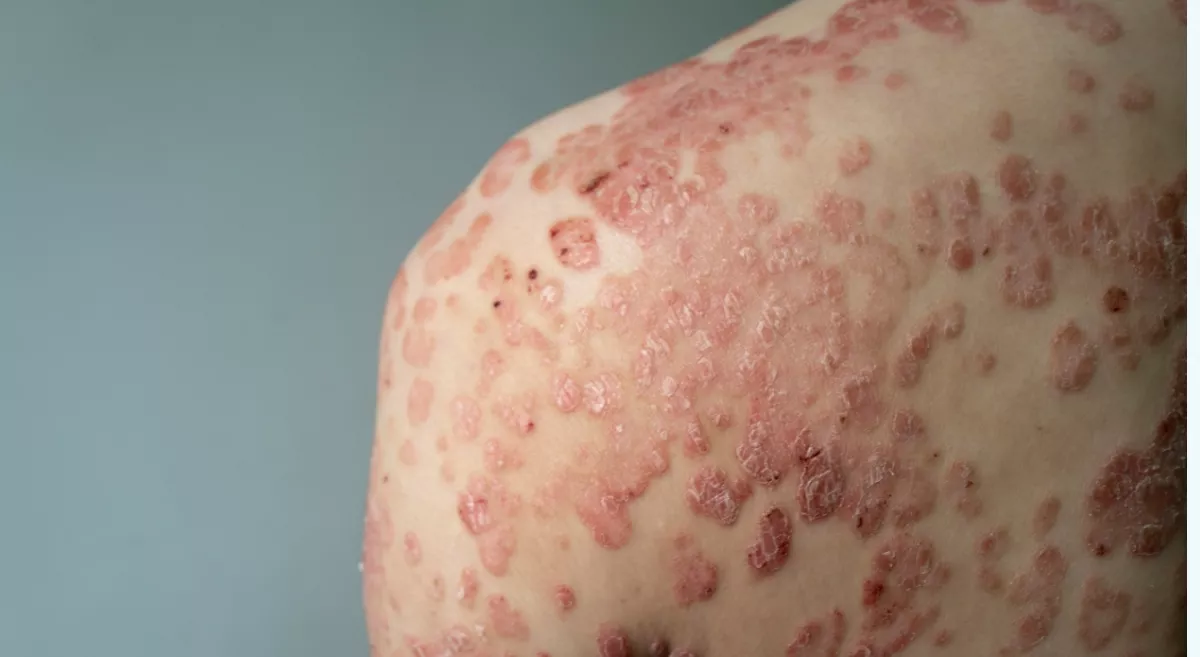As winter approaches, our skin faces a new set of problems. Harsh winds, dry air, and interior heating can dehydrate our skin, leaving it parched, flaky, and irritated. To battle these winter troubles and keep our skin healthy and glowing, we must adapt our skincare routines to the changing seasons. For individuals seeking expert seasonal skin advice, consulting a Dermatology Hospital in Hebbal Bangalore can provide tailored solutions.
Winter's Hold on Your Facial Skin
Winter weather can wreak havoc on our facial skin, upsetting its natural balance and causing a slew of problems. The skin's natural moisture is depleted by the cold, dry air, causing it to become dry, tight, and flaky. Furthermore, indoor heating systems aggravate the dryness, and severe winds can hurt and chafe the sensitive skin of the face.
Understanding Common Winter Skin Concerns in India
Common skin concerns in India, where winters can be extremely harsh, include:
- Dryness: A defining feature of winter skin, dryness manifests as tight, flaky skin that feels uncomfortable and may crack.
- Flaking: Because of the diminished moisture, dead skin cells shed more quickly in the winter, resulting in visible flakes.
- Tightness: A lack of moisture can cause the skin to feel tight, particularly after washing or scrubbing.
- Redness: Cold wind can irritate sensitive facial skin, producing redness and inflammation.
- Lips chapped: Lips are especially vulnerable to winter dryness, becoming cracked and painful.
A Specialized Winter Skincare Routine
A specialised winter skincare routine is required to counteract these winter skin issues and preserve healthy, moisturised skin. Here's a complete guide:
- Gentle Cleansing: Cleansing is an important component in any skincare programme, but it is especially necessary in the winter when the skin is prone to dryness. Avoid using harsh soaps or cleansers that can remove natural oils. Instead, use mild, moisturising cleansers that leave your skin soft and supple.
- Increased Hydration: Moisturization is the foundation of winter skincare. Apply a large amount of moisturising moisturiser to your face and neck after cleansing. Look for moisturisers that contain humectants, such as hyaluronic acid, which attract and hold moisture in the skin.
- Sun Protection: Even though there is less sun exposure in the winter, protecting your skin from dangerous UV rays is essential all year. Apply a broad-spectrum sunscreen with an SPF of 30 or greater to your skin every day, even on cloudy days.
- Exfoliation Tips: Exfoliation removes dead skin cells and promotes cell turnover, all of which are necessary for keeping a healthy glow. Over-exfoliating, on the other hand, can further dry up the skin throughout the winter. Gentle exfoliation once or twice a week with a light scrub or exfoliating mask is preferable.
Special Considerations for Different Skin Types
Winter skincare requirements differ depending on your skin type:
- Oily Skin: While oily skin appears to be less prone to dryness, winter can nevertheless alter its balance. Avoid strong cleansers that might cause excessive oil production and opt for lightweight, oil-free moisturisers.
- Dry Skin: Dry skin requires more hydration in the winter. Choose thick, emollient moisturisers and try adding oils or serums for extra nourishment.
- Combination Skin: Combination skin requires a balanced approach. Apply a light moisturiser to oily areas and a heavier moisturiser to dry areas.
Lifestyle and Dietary Tips for Healthy Winter Skin
Aside from your skincare routine, lifestyle factors play an important role in keeping your skin healthy during the winter:
- Internal Hydration: Proper hydration is vital for overall skin health. Keep your skin nourished from the inside out by drinking plenty of water throughout the day.
- Incorporate Hydrating Foods: Eat plenty of fruits and vegetables, which are high in water and important elements that promote skin health.
- Humidification: Using a humidifier can assist to combat the dry air created by indoor heating, keeping your skin and the general atmosphere hydrated.
When to Seek Help?
While most winter skin concerns can be addressed with a good skincare routine, there are times when expert help is required. If you experience any of the following symptoms, see a dermatologist:
- Persistent redness, itching, or burning: These symptoms may suggest a skin problem that necessitates specialised treatment.
- Severe dryness or flaking: If your skin is excessively dry and cracked, even after applying moisturiser, you should seek expert help to avoid additional damage.
- Excessive redness, inflammation, or breakouts: If you have excessive redness, inflammation, or breakouts, a dermatologist can determine the reason and offer suitable treatment. For persistent issues, many people prefer consulting experienced Dermatologists in Hebbal Bangalore for personalised winter care.
Maintaining healthy, bright skin during the winter necessitates a customised approach that meets the specific challenges of cold weather. You can efficiently combat winter dryness, maintain healthy hydration, and protect your skin from damaging UV rays by following this complete approach. Remember to include lifestyle and nutritional elements to further improve the health of your skin. Prioritise your skin's health this winter, and you'll have a complexion that glows with health and energy all season.











